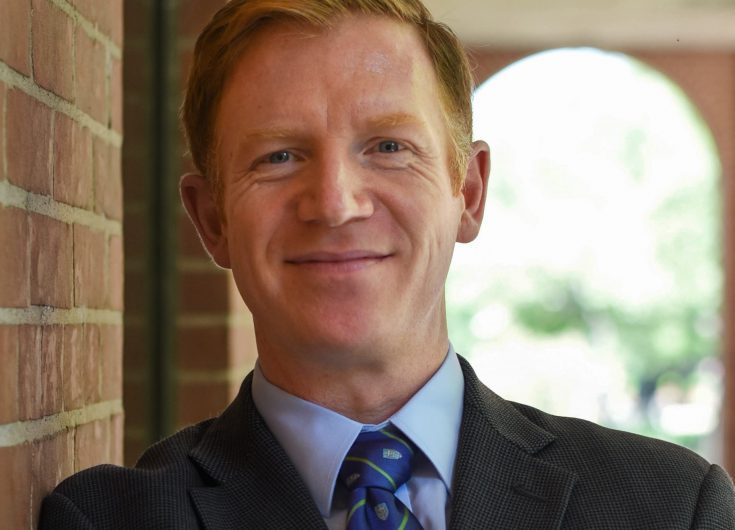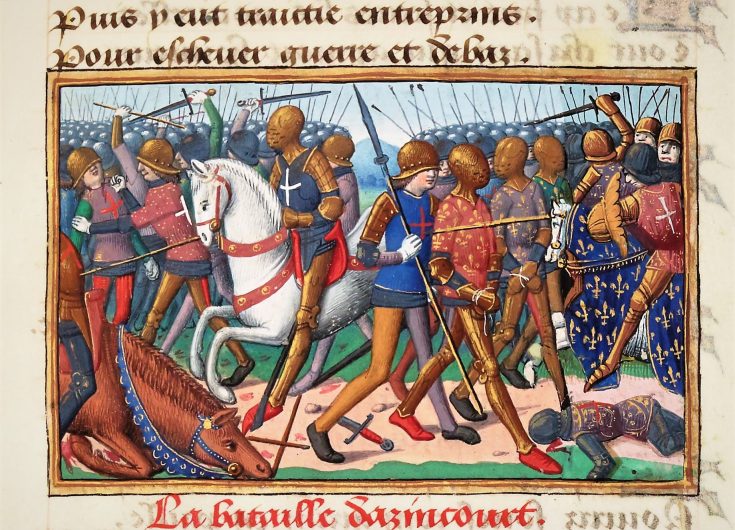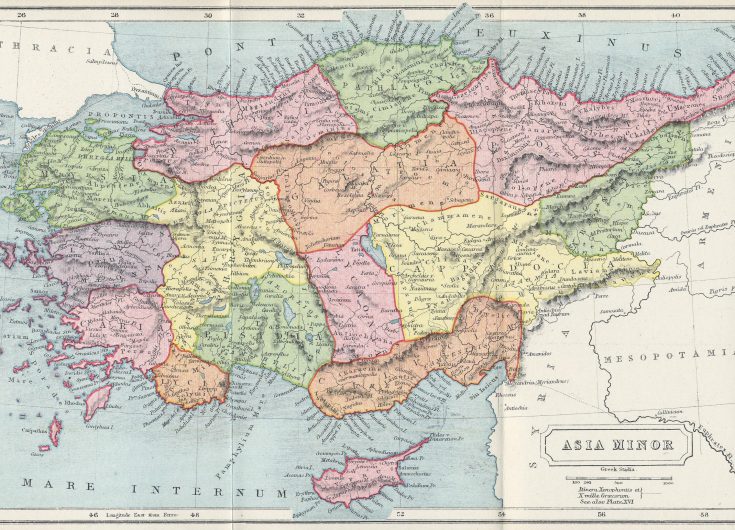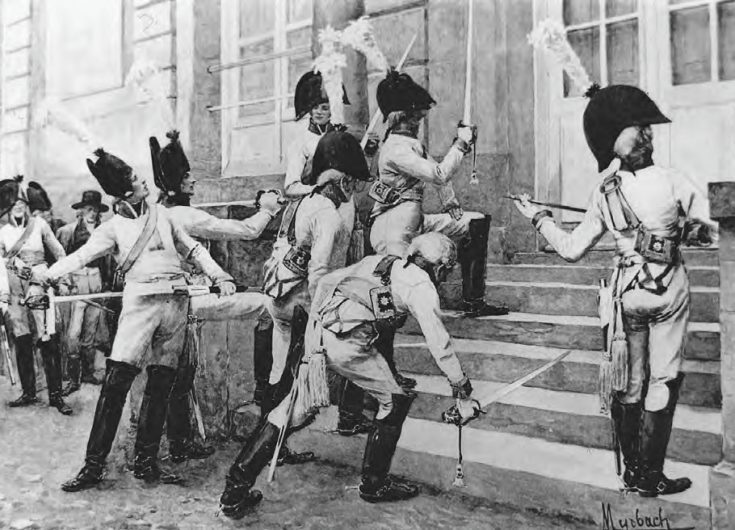February 18, 2015
Becoming the world's only superpower can cause strange dreams. In the case of the United States, which achieved this status over 20 years ago, many who should know better have dreamed that economic interdependence, multilateral institutions, technological change, global democratization, the rise of non-state actors—even Barack Obama's charming personality—will have a transformational effect on world affairs, rendering irrelevant the geopolitics underlying American national security. But geopolitical competition between major world powers obviously continues, and these dreams, which are recognizably liberal dreams, remain delusive and dangerous.







